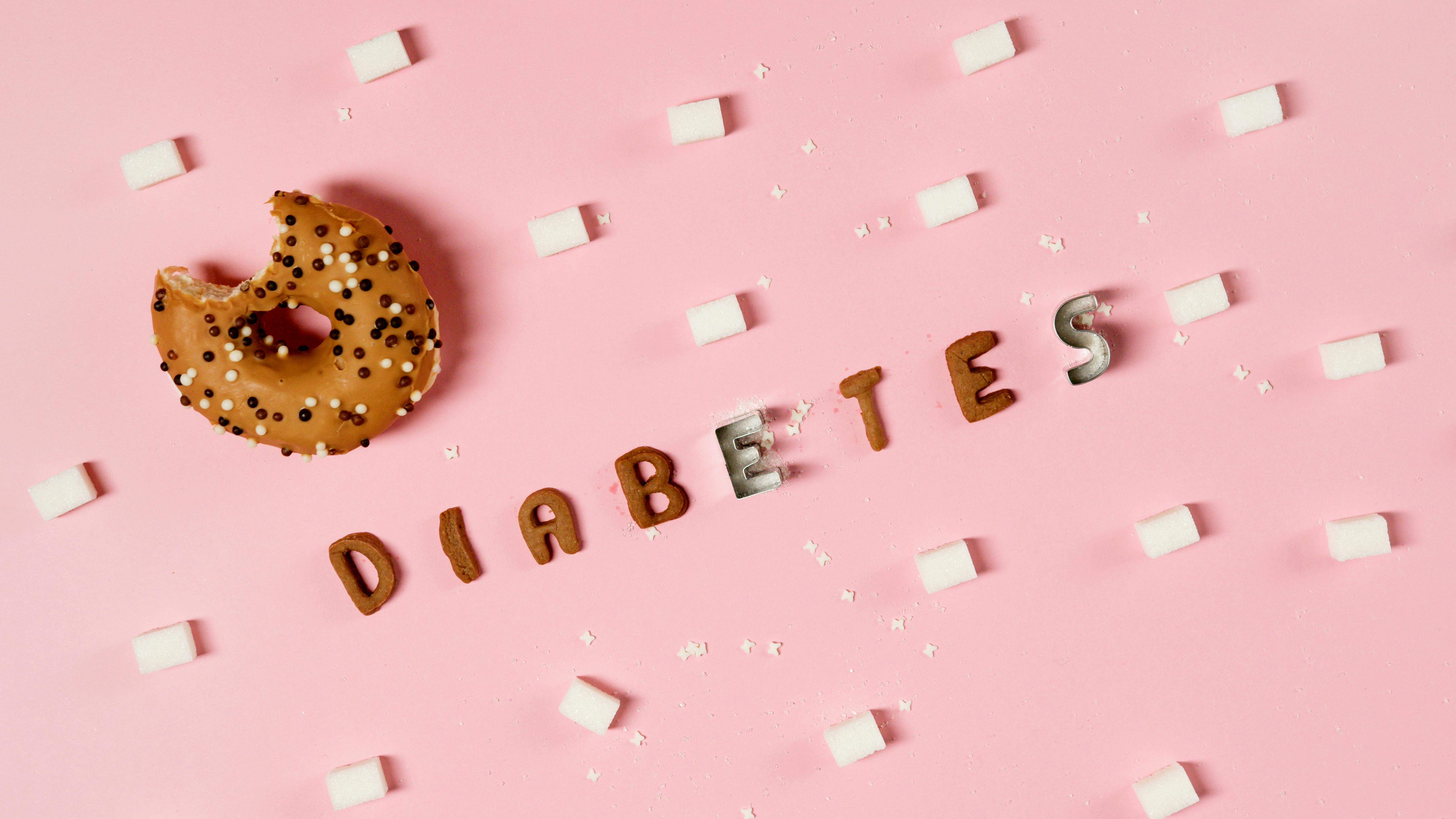Debunked: 11 Health Myths You Believe That Are Quietly Raising Your Blood Sugar
3. “Diabetic” Foods Are Necessary or Always Safer

Walk down any grocery aisle and you’ll see shelves of “diabetic-friendly” foods just begging for a spot in your cart. But not everything with a special label is a better choice. In truth, these products sometimes contain just as many (or more) carbohydrates and added sugars as their standard versions—they’re just dressed up by clever marketing. “Diabetic” foods are often processed and may include sugar alcohols or substitute ingredients that affect your body in unexpected ways. The American Diabetes Association suggests there’s no need for special foods as long as whole, unprocessed, and nutrient-rich ingredients are at the heart of your meals. The occasional treat fits, too, especially when you know what’s in it and balance it with protein and fiber. When in doubt, check nutrition labels and stick with items naturally low in added sugar. Remember, the best “diabetic” food is a plate made with whole foods you enjoy and savor. It's not about restriction—it's about understanding what helps you feel sustained and satisfied, every day.
4. Blood Sugar Is Only Affected by Food

Think back to a day when your blood sugar numbers seemed off, even though your meals were on point. There's a reason: glucose doesn't just respond to what’s on your plate. Stressful meetings, sleepless nights, a gentle cold, or starting a new medication can all quietly nudge your numbers upward. Sleep is especially powerful—a few restless nights can raise your average glucose just as much as a dessert or two. Stress hormones like cortisol send the signal for your liver to release extra glucose, serving as rapid fuel during tense times. For some, hormonal fluctuations during illness or even monthly cycles can also have surprising effects. Instead of focusing only on food, make room for supportive routines that nurture your whole body—plenty of rest, gentle stress reduction, and thoughtful tracking if you’re managing your levels. You’ll soon see how interconnected your wellness truly is.
